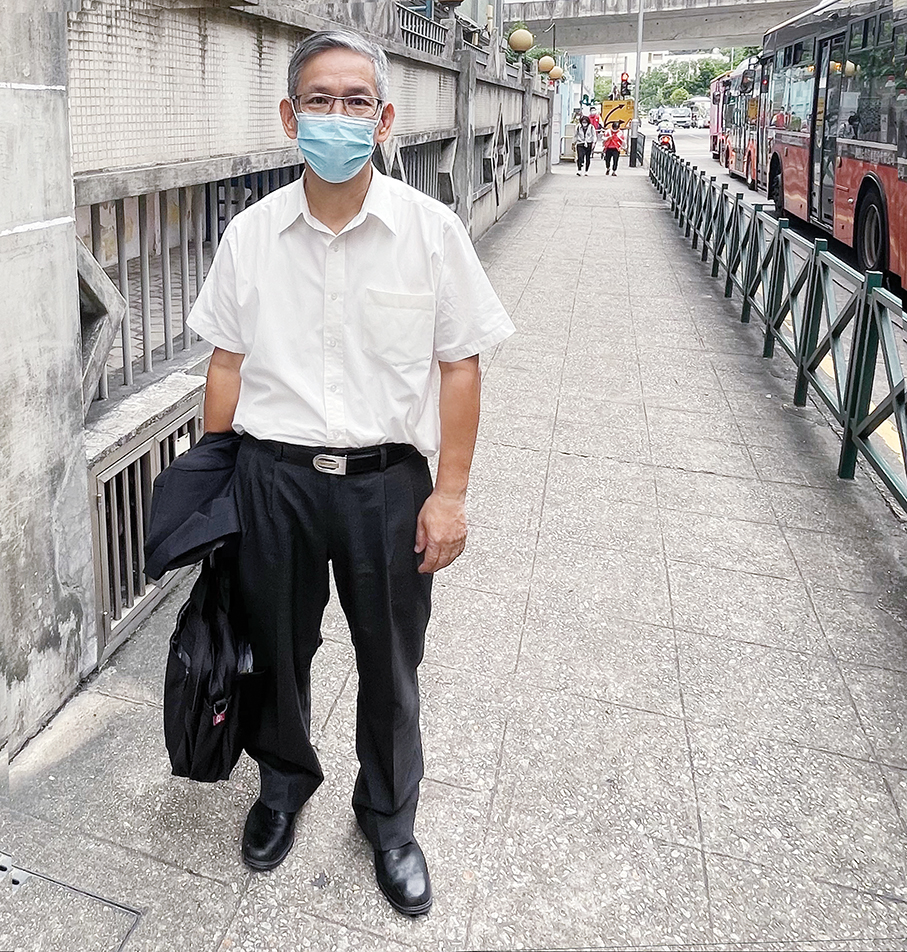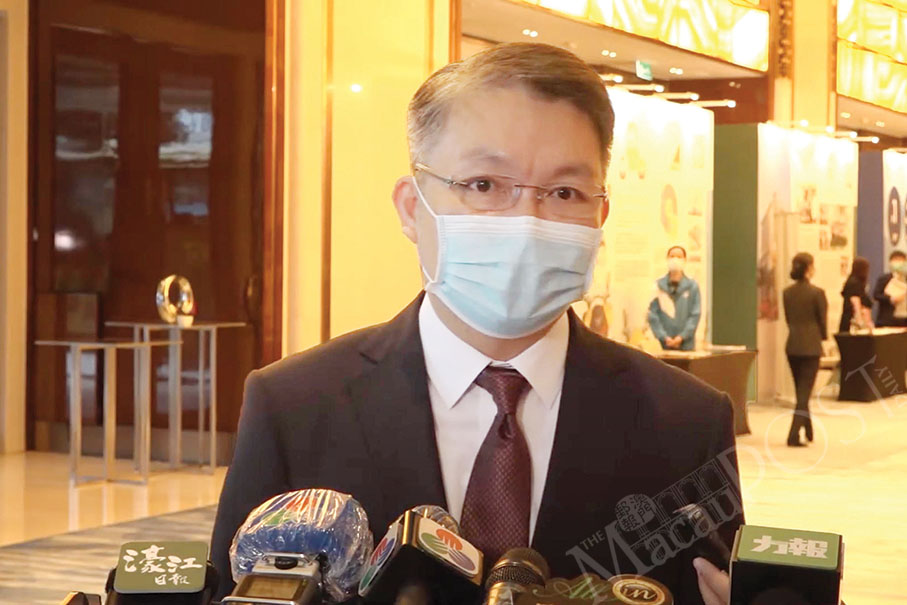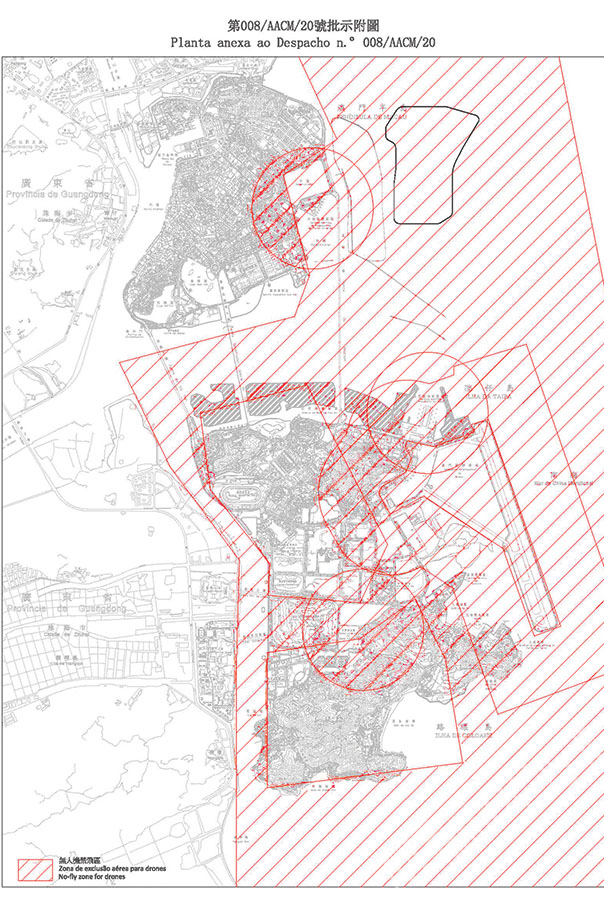Interview by Yuki Lei
The number of people attempting to commit suicide has been increasing in recent years, Caritas Macau Secretary-General Paul Pun Chi Meng told The Macau Post Daily last week, pointing out that last month there were five to six teenagers who tried to commit suicide by cutting their wrists due to different reasons, such as clinical depression, school pressure, and anxiety disorder.
Pun made the remarks during an exclusive interview with The Macau Post Daily at Casa Ricci Elderly Centre in Largo de Santo Agostinho.
Pun pointed out that the COVID-19 pandemic not only affects adults but also their children, adding that under the impact of the pandemic, parents have been facing different kinds of pressure, such as fear of being fired, so they may show unhappiness at home, and their bad mood can affect their kids as they barely talk to each other as they have “zero” common topics. On the other hand, since parents have been afraid of losing their jobs, their focus may change from their children to work, which reduces the time that parents and their offspring are spending together, Pun underlined.
Caring for classmates is very important, Pun stressed, adding that there are two kinds of treatment, one is conducted by a professional, while the other is classmates’ companionship. Pun pointed out that accompanying one’s classmates doesn’t need to be going shopping or watching movies with those who may have suicidal thoughts, caring could be either just the right words from their classmates by telling those who are feeling suicidal that they are always there for them, such as after finishing homework or after school, or by inviting them to have breakfast with them, so as to create a feeling of safety enabling them to know that there will always be someone on their side.
Meanwhile, Pun also said that people who self-harm follow the same pattern as those considering suicide, adding that both are ways for teenagers to express various emotions, such as anxiety. Pun pointed out that every time teenagers cut their wrists is a “signal of emotion”, which may not aim to call for attention from others, but a way for them to express their anxiety, unhappiness, or anger. Therefore, Pun said, it’s hard for parents, teachers and classmates to realise when adolescents are prone to harming themselves.
Pun described schools as “emotional adjustment points”, where classmates’ smiles can enable those who self-harm to feel “better”, based on verbal communication of emotions between teenagers encouraging each other. He underlined that a “sense of presence” is important to those who have suicidal thoughts, adding that although they may be angry at their parents at home, teachers and classmates can give them valuable encouragement by telling them that they are “useful” at school. Pun stressed that “useful” may not only be about talents, adding that “useful” can also mean “attitude” vis-à-vis others, or behavioural responses to stress.
Pun said that self-harming, such as cutting one’s wrists, has become more prevalent over the last six years, when more and more teenagers used their scars to prove that they were more “miserable” than others, like a “competition” between them. When this happens, Pun added, someone in the group should stand up to stop the “competition”, for example, by asking them to stay at school for more time to play ball games and use the result for their “competition” instead.
Pun pointed out that self-harming is also a form of self-punishment, which teenagers use to take the place of someone else’s punishment.

This photo taken last week shows Caritas Macau’s Secretary-General Paul Pun Chi Meng posing in Ilha Verde. – Yuki Lei









